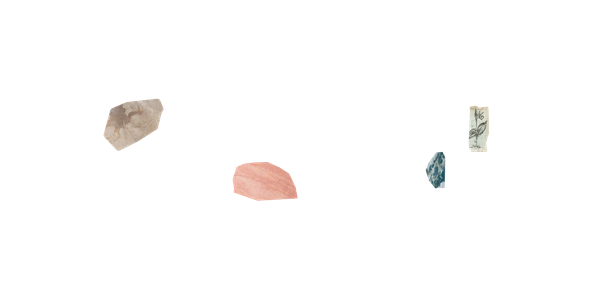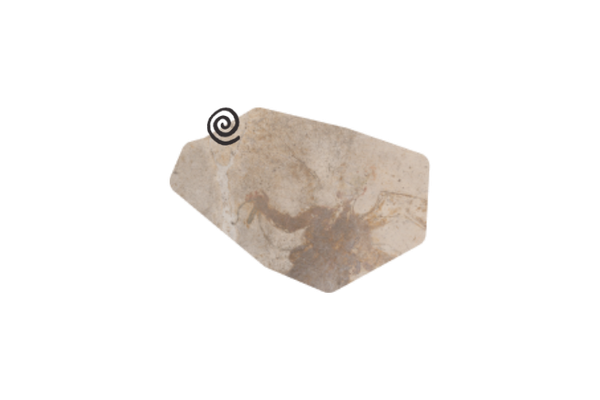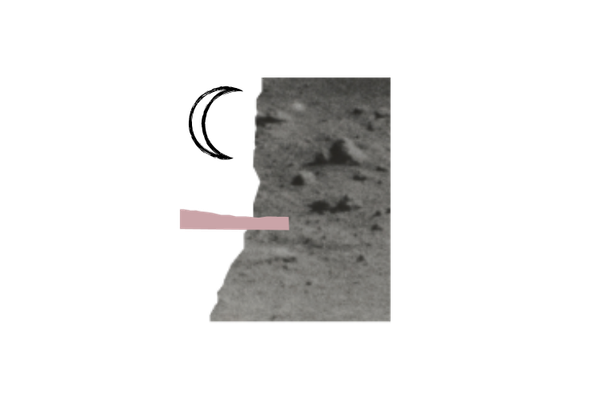Another way to soften
I'm learning to bake bread, fail softly, say my prayers. I'm learning to learn my lesson. I'm offering you poems. This week we have a special guest.

My first mistake was saying it out loud. I made it too real, too fast.
Now I’m surrounded by jars half full of wild yeast hungry and clamoring toward ascension. And I’m the only one who can take them there.
Against all better judgement, I am Learning to Bake Bread.
The first thing you have to know about baking bread—or rather learning to, because what I’m doing is not baking, not really, it’s struggling—is that everything will take forever. I mean this dramatically, as well as literally. You’re looking at three days minimum to produce a loaf of sourdough, which I’d been told, by liars I guess, is “so easy.” Watch me make it hard.
Now that you know about the commitment and the distance from here to there, the starter needs to eat. Who doesn’t? You must feed the starter. You must feed what you hope to bring to life. The starter is hungry and it’s best when it’s strong. A strong starter is spongey, like oatmeal but different. It is bubbly, like me when the clouds burn off. It will rise, and rise again, and you’ll be so proud, but pay attention, because it might fall, which at first may startle you. You may think you murdered it. But this is normal, it’s fine. I’ve been told, again by liars, that it’s very hard to kill a starter, which I’ve done, and honestly, there was nothing to it. All I had to do was leave it out for a few weeks and forget about it. It wasn’t a problem for me.
I recommend you find a friend to talk you through this. It shouldn’t be too difficult because the second you say “hey maybe I’ll learn to make bread,” somewhere between 3-300 well-intentioned, over-functioning adults who only want what’s best for you—and what’s best for you is fresh baked bread you baked yourself with your own two hands—will be extremely in your business trying to help, and every one swears by some slightly different method, or flour, or device you really do need, so good luck with that.
You will be told to get a kitchen scale. You will not get one.
Once the starter is fed and strong and ready, you make the leaven. Or levain. It depends on who you’re talking to. They have opinions about butter. Maybe take a break to talk about butter. You deserve to take a break. All this feeding and rising and bubbling, these grams—which make no sense to you because you will not buy a scale, on principle, you haven’t owned one in years and you don’t intend to start now—will hurt your brain. When I say your I mean my, because for all that I know (very little) and all I believe I am capable of learning, learning to bake bread is breaking my goddamn brain. It does not want to work like this. It wants results, satisfaction and certainty. None of which baking will give you, not for at least 3 days, maybe more if you keep fucking up. Which you do.
By now you’ve cried at least once. It’s okay. Keep going. Next you get to test the leaven by dropping it into a bit of water to see if it floats. Like a witch. Sometimes it doesn’t. Like a woman accused of witchcraft. You’re very tender right now so this may send you reeling. It’s been days already, and you fear you’ll drown before you bake a loaf of bread. Some days it seems the world would prefer it.
Listen. You have to swim through this. Call on your lifelines. Tell them you don’t know what you’re doing. Tell them you don’t know you’ll get through it. They’ll tell you what Emily and Duncan told me: you can. You must. And so you will.
By the time you’re resting and folding your dough, you will not feel any better. But you will feel something, and that something takes shape in your hands. You may notice the seed’s become more than what it was. Still itself but bigger. Sweeter. Unfinished but on its way.
You do not want to overwork it, but you do.
You may think you cannot salvage it. You can.
You may want to understand and understand so well, you will never fuck it up again.
But you will.
And maybe you learn to trust what you don’t yet understand, because despite everyone’s insistence on the one right way to do what you came here to do, what they tell you, too, is in the end it’s all quite forgiving. Probably you’ll learn a lesson.
The first time I baked a loaf of sourdough bread, because I did get through it, like they said I would, I was certain it was garbage. It was…flat. Uninspired. I’d forgotten, as Duncan advised, to fill up on all-purpose flour. Left only with whole wheat, that’s what I chose. You use what you have. I had a dense, squat loaf. I cursed it to hell and left it to rot, or to cool, whichever came first. We went to the beach with Tanuja and Jim and after five long days of feeding and folding and fretting and looking up no fewer than five thousand times the conversions for grams to cups, I let myself float. I did not drown. My friends would never let me.
And the bread was goddamn delicious.
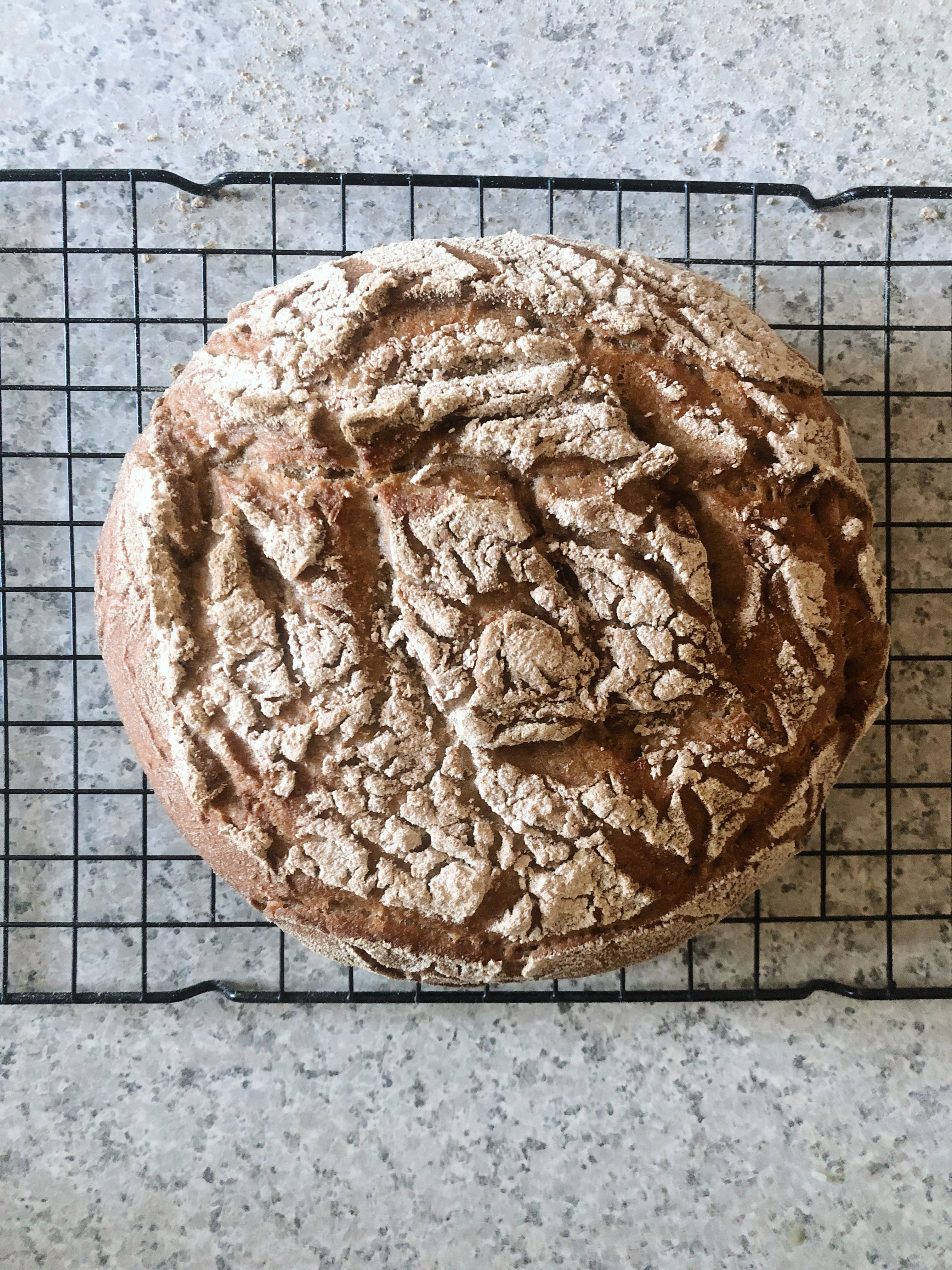
And now I’m making more, or trying, which really sucks, but also, it’s kind of lovely. A low-stakes struggle. A safe place to practice failing. Something forgiving. Something to saw into soft little pieces and leave by the door for a friend. Breadcrumbs. The ways we find each other. The ways we keep each other going. A friend who picks up the phone when you panic at 8 in the morning. Who lets you be you, gives you the space to come apart at the seams, doesn’t rush you through it, lets you let the animal out and helps you bring her home. Baking bread and breaking it.
We keep each other fed.
Here’s two poems. One’s by Lemmy. Look at this line:
to break is another way to soften
It reminds me of one by Carl Phillips, which I’ve written on my heart:
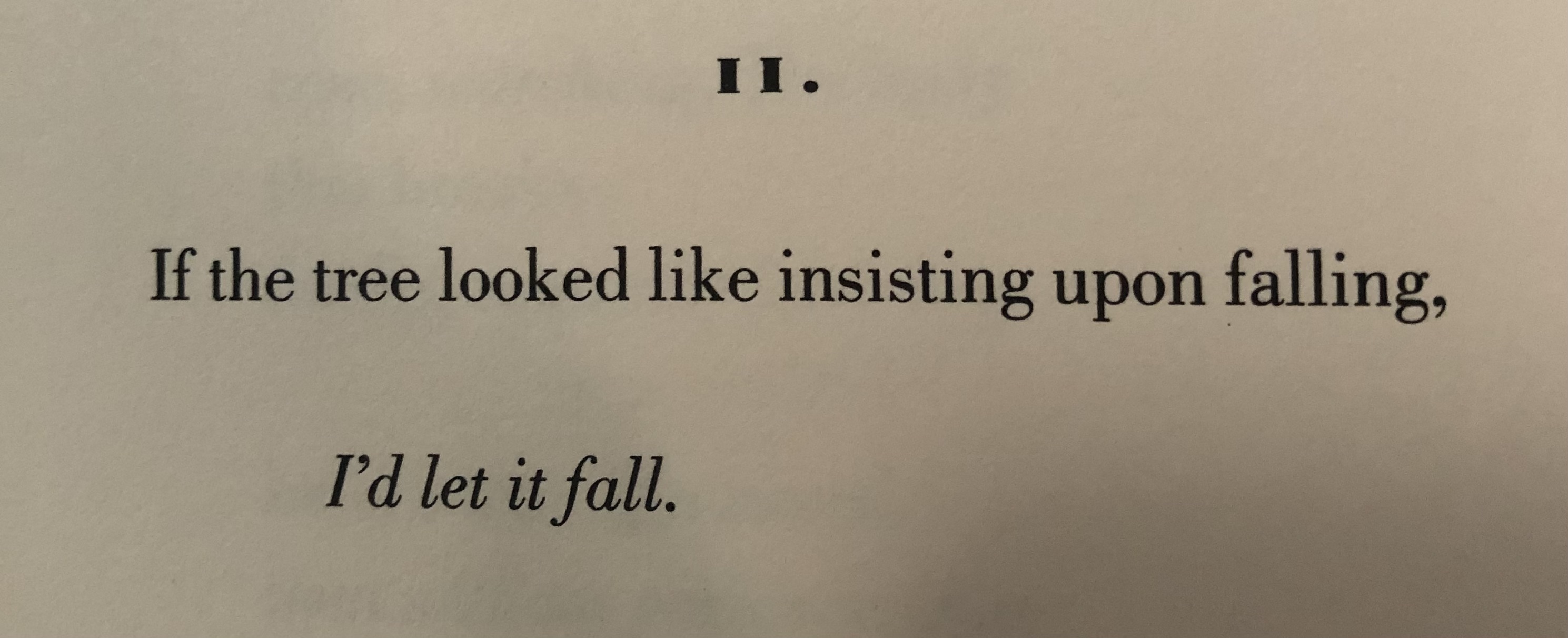
Run On
by Lemmy Ya’akova
this is to prove that periods don’t actually exist but are a figment of our imagined pause; we will always find the time to speak and to listen—there is no end or break to sound and to this heart that (obviously) loves; to break is another way to soften but instagram infographics call it “growing from trauma” which is why I don’t trust anything they say—did you hear that it was nuance who left the building and also sanity and also criterion for how something should be as opposed to how it is without judgement or guilt; how shocked I was when I found the secret betrayal inside me pulchritudinous in its might—I have come to write it here and now out of spite without lull; with my devotion to you please take my hand
Why Write Love Poetry in a Burning World
by Katie Faris
To train myself to find, in the midst of hell
what isn’t hell.
The body, bald, cancerous, but still
beautiful enough to
imagine living the body
washing the body
replacing a loose front
porch step the body chewing
what it takes to keep a body
going—
this scene has a tune
a language I can read
this scene has a door
I cannot close I stand
within its wedge
I stand within its shield
Why write love poetry in a burning world?
To train myself, in the midst of a burning world,
to offer poems of love to a burning world.
Okay. Drink water. Stay safe.




